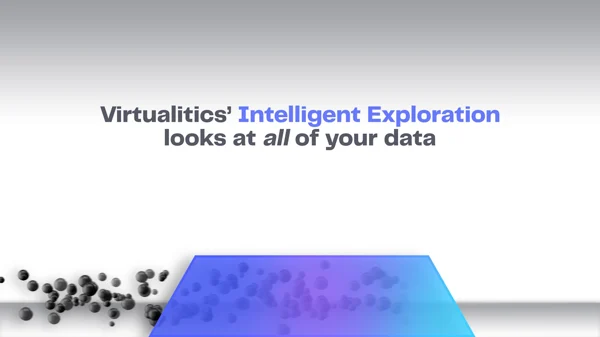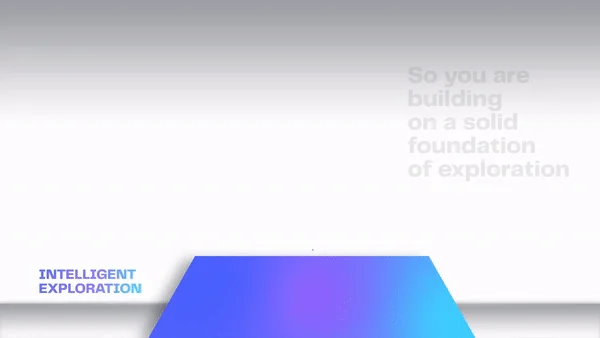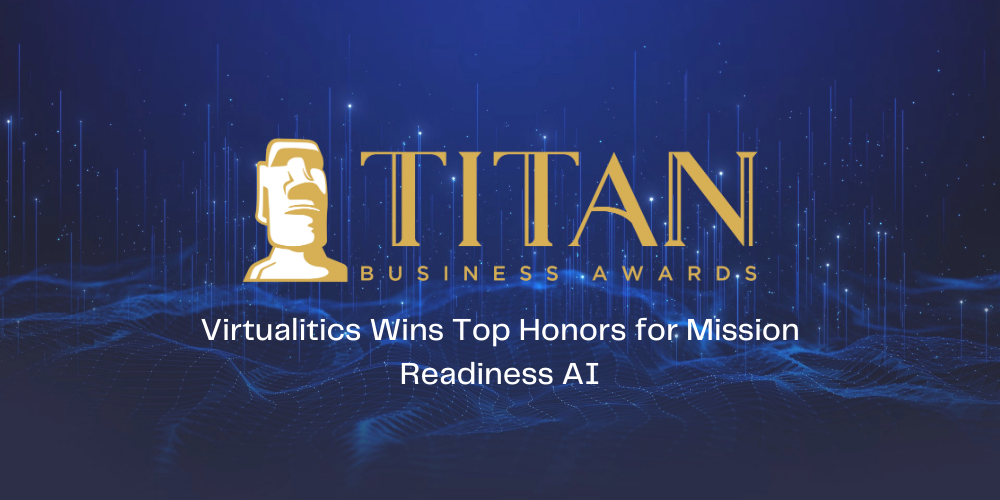Multitasking? Great! You can listen to this blog post by clicking above or find our podcast, Intelligent Data Exploration, on major podcast platforms.
We know companies are trying to get the most out of their data. The number of data science job openings in 2022 is over 70% higher than in 2021—and the year isn’t over yet. In short, data science teams are maxed out. They’re being forced to prioritize projects based on stakeholder requests, perceived squeaky wheels, and their best assumptions and hypotheses.
Unfortunately, limits on foundational exploration result in data science teams spending their resources on projects that keep hitting walls. Things start out ok, but further investigation proves that the project isn’t feasible, that it’s targeting *a* problem but not *the* problem, or that they can’t deploy the AI model in time to be helpful.
Those failures create a much bigger problem–they shake the entire organization’s faith in AI.
What is hypothesis-driven exploration?
As organizations gather more and more data, it becomes a huge struggle to consider all of that data using routine analytic packages found in the market today. Stakeholders and data scientists rely on their instincts and experience to narrow down their search in all that data—that’s hypothesis-driven exploration.
Let’s consider this idea on a deeper level. When someone in the business spots an opportunity for the business to improve with AI they generally have a gut feel of what’s driving that scenario. When they ask the business analyst to investigate the scenario and create the business case, they pass their own thinking (and bias) along to the analyst.

The analyst identifies the data relating to the requested area of the enterprise. There’s almost never time to explore all the data to identify what’s driving the scenario, let alone bandwidth to consider how it interacts with other data. Given the exploratory tools at hand, the work to consider all the data is just too onerous. It can be done…eventually. But that level of effort requires a lot of skill and more time than most teams have.
This is when your search becomes a hypothesis-driven exploration. The analyst reflects on the scenario and what is suspected to be occurring, then narrows the data dimensions they’re searching through to match their assumptions. The hypothesis is now driving the exploration, instead of the data. And a lot of that data isn’t being considered at all. Hardly a firm foundation for future business decisions.That’s why hypothesis-driven exploration is failing your business.
Sure, even limited exploration can still discover some interesting correlations and insight. But focusing all your attention in one direction, on one subset of information, leaves a lot of data completely forgotten. What if there were more impactful insights lurking in the data that was left out? Something that would have changed or overwritten your limited findings? Now your organization devotes effort and scarce resources on a project that might go nowhere and mean very little, compared to what you could have accomplished.
Worst case scenario? Your business acts on incomplete analysis and ends up with something biased and damaging.
How Intelligent Exploration unlocks the power of all your data.
While most people think of AI and supervised machine learning as the end result–the output of all this analytics work–it’s a valuable tool that should be leveraged as you begin your data exploration.
Why is it so important to explore ALL of your data with AI as your partner? Because…

Intelligent Exploration is an AI-driven, and AI-guided, data investigation that considers all of your tabular and non-tabular data.
- AI has no preconceived ideas about what trends or relationships it will find, keeping human bias out of your research. Intelligent Exploration considers all your data for statistical relevance, giving you a complete picture of what is happening in your business.
- AI and machine learning are perfect for combing through huge datasets at once, capable of processing more data and identifying more multifaceted relationships. It can surface multiple drivers and show dependencies between data points.
- Our world is complicated and interconnected, so spotting nuances early can make a huge difference in your business strategy.
- Intelligent Exploration goes beyond visualized insight, drawing your attention to the most significant findings.

This means that no stone is left unturned early in the process. Business analysts spend their time focusing on the right problems and identifying the true drivers (or combinations of drivers). They can arrive at real results, maybe determining that an opportunity can be met with a single metric or finding the sweet spot that has the potential for maximum business value.
How companies win with Intelligent Exploration
Intelligent Exploration keeps your data science team focused on the right problems, and prevents issues early on instead of when an AI app is lurching towards deployment. With a solid foundation based in your data, your business can amplify the impact of your AI programs–and your business analysts. Start strong with a data-proven baseline and you will be leading the pack in successful AI.
1. https://www.kdnuggets.com/2022/02/much-data-scientists-make-2022.html






